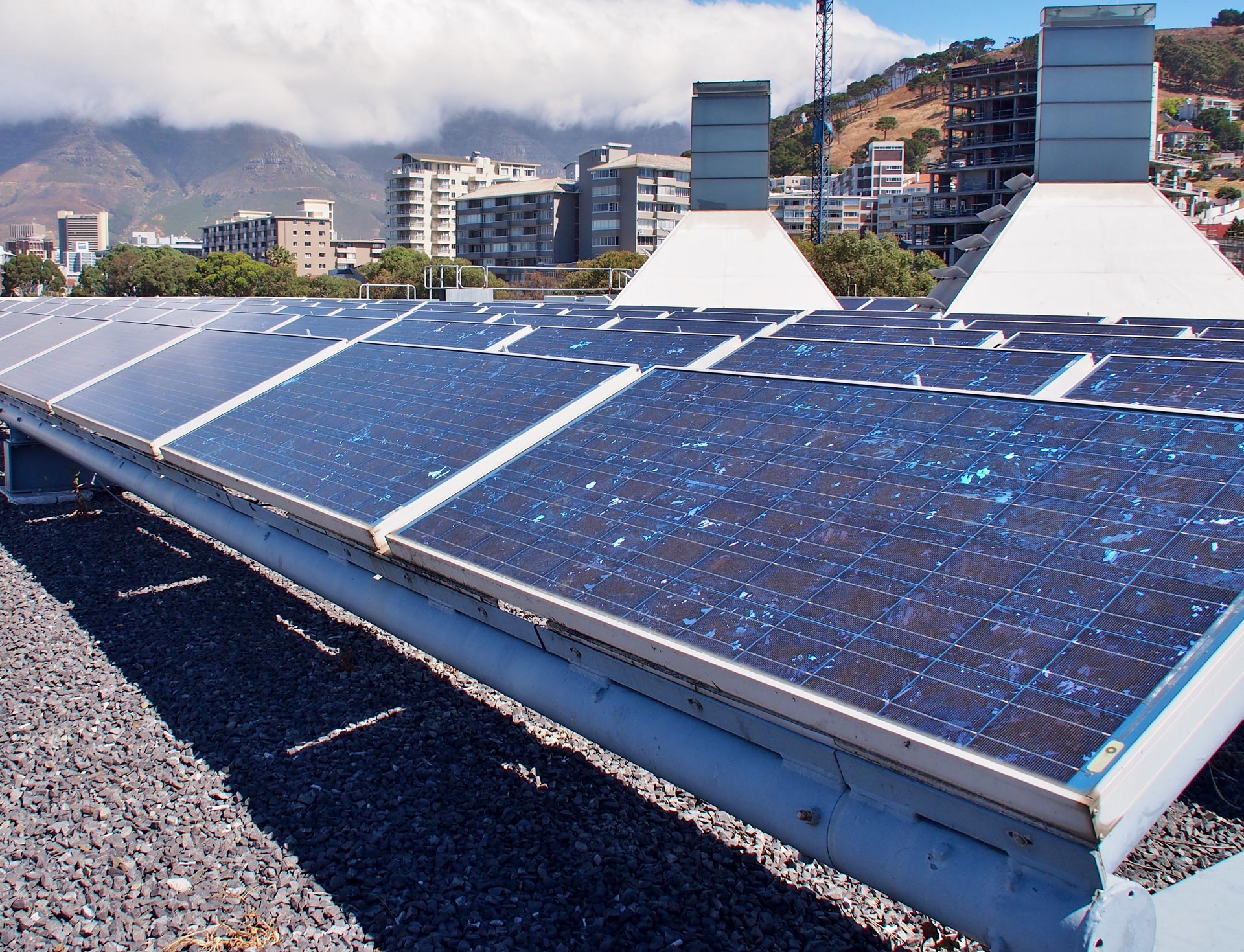
The World Bank recently announced it will invest $225m in off-grid solar electrification in Africa. This is a significant move towards continent-wide access to affordable, reliable energy, and will benefit 1.7 million people.
Yet a staggering 208 million of the region’s people will remain without access to power, and without renewable energy solutions. Currently, just 3% of the continent’s population have access to off-grid solar systems.

Access deeper industry intelligence
Experience unmatched clarity with a single platform that combines unique data, AI, and human expertise.
There is a massive problem to solve – Africa is still largely in the dark. Solar power is our best bet to turn the lights on.
The rise of off-grid solar power in Africa
The arrival of off-grid solar power in Africa in the mid-2000s was heralded with much fanfare. Sadly, perhaps predictably, that failed to translate into broad uptake.
A few very simple factors held off-grid solar back. Costs were too high, the concept was ill-understood, and consumers were unable to access systems or maintenance support locally.
Recently, however, this is changing. The case for off-grid is clear as daylight – and it is Africa’s business community that needs to take the lead.

US Tariffs are shifting - will you react or anticipate?
Don’t let policy changes catch you off guard. Stay proactive with real-time data and expert analysis.
By GlobalDataOff-grid solar systems are experiencing a dramatic drop in the cost of associated technologies – the panels and lithium-ion batteries in particular – which, combined with significant improvements to the systems and technologies, have made it both viable and practical for solar solutions to be deployed on a large scale, and fast.
Larger businesses and institutions such as banks, who may previously have felt nervous about committing their power supply to new technologies, can now feel confident utilising these sources rather than the unreliable, expensive, carbon-hungry sources of the past.
Uptake by industry leaders will help to familiarise consumers with off-grid. What’s more, many solar service providers across the continent are now scaled to the extent that they can provide comprehensive maintenance and support services for the systems they provide.
Solar in a changing Africa
Demographically, solar also makes sense. The number of people living in cities in Africa is expected to nearly triple in the coming few decades. The traditional grids and diesel burning generators, unable to meet the needs of the current urban populations, do not stand a chance in the future.
Rather than investing billions in traditional sources that will soon be obsolete, it’s a no-brainer that governments embrace renewables.
Moreover, governments are spending far more than they can afford to subsidise fixed-price utilities in many countries; costs for comparable energy output via solar are cheaper for businesses and consumers and save the government the burden of subsidies. People will be better served if Government’s channeled the savings into much needed infrastructure and social services.
Off-grid solar: The time is now
Without electricity, we will never eradicate poverty and grow modern economies in Africa. Enterprising individuals will never be able to scale their businesses.
As in many places, households and businesses in Africa’s developing economies are very cost-conscious. They don’t have money to waste.
Individual solar systems are far more efficient than the traditional options, like generators, which continue running regardless of how much power is needed.
It’s clear that clean energy technology is an imperative for Africa. All the world’s citizens have a responsibility to curb their carbon emissions, but it is arguably in no one’s more immediate self-interest than the citizens of Africa.
It is true that Africa has contributed the least to climate change – yet it is bearing the brunt of its effects. Warnings over climate change are becoming ever more alarming, and experts anticipate a 10% reduction in crop production and as much as 80% reduction in cropping areas by 2050.
So yes, we didn’t create the problem, but we have the most to lose in the near-term if a solution is not found. Switching off carbon-emitting energy sources on a large scale across our continent would be a big step forward, and a call to action to the big carbon producers in the West.
The solution is clear. The time to move is now.
Read more: Mobile technology at the forefront of Africa’s digital revolution







